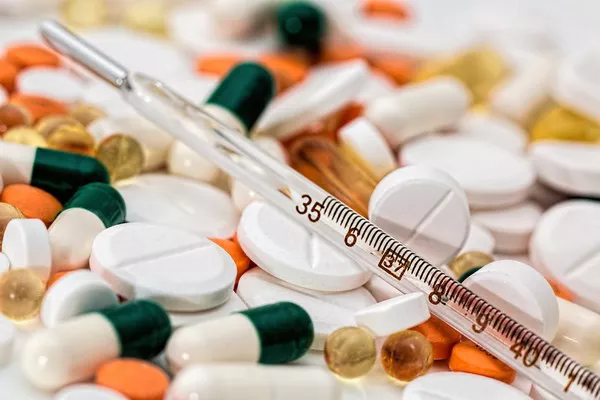Weight loss is a common goal for many people, and there are numerous options available for achieving it. One option that some people turn to is weight loss drugs. However, with so many options available, it can be difficult to determine which drug is the best for weight loss. In this article, we will explore the various weight loss drugs available, their effectiveness, and potential side effects, to help you make an informed decision.
Types of Weight Loss Drugs
There are several types of weight loss drugs available, each with its own mechanism of action. These include:
- Appetite suppressants: These drugs work by reducing hunger and food cravings, thereby helping to reduce calorie intake. Examples of appetite suppressants include phentermine, liraglutide, and topiramate.
- Fat absorption inhibitors: These drugs work by preventing the body from absorbing fat from food. Examples of fat absorption inhibitors include orlistat and acarbose.
- Metabolism boosters: These drugs work by increasing metabolism, which can help the body burn more calories. Examples of metabolism boosters include caffeine, green tea extract, and ephedrine.
Effectiveness of Weight Loss Drugs
The effectiveness of weight loss drugs can vary depending on several factors, including the individual’s weight, lifestyle habits, and medical history. However, studies have shown that some drugs can be effective in promoting weight loss.
For example, a review of studies on phentermine found that it led to an average weight loss of 3-6% over 6-12 months. Similarly, studies on liraglutide have found that it can lead to an average weight loss of 4-6% over 6 months. Orlistat has also been shown to be effective, with studies indicating an average weight loss of 5-10% over 12 months.
Side Effects of Weight Loss Drugs
While weight loss drugs can be effective in promoting weight loss, they can also have potential side effects. These can vary depending on the drug and the individual, but some common side effects include:
- Nausea
- Diarrhea
- Headache
- Dizziness
- Insomnia
- Increased heart rate
- High blood pressure
- Liver damage
It is important to talk to a healthcare professional before starting any weight loss drug to determine if it is safe for you and to monitor for any potential side effects.
Determining the Best Weight Loss Drug
Determining the best weight loss drug for you can depend on several factors, including your medical history, lifestyle habits, and weight loss goals. It is important to talk to a healthcare professional before starting any weight loss drug to determine if it is safe for you and to monitor for any potential side effects.
Additionally, lifestyle changes, such as healthy eating and regular exercise, can also play a significant role in achieving and maintaining weight loss. While weight loss drugs can be effective, they should be used in conjunction with a healthy lifestyle and under the guidance of a healthcare professional.
Weight loss drugs can be an effective tool for promoting weight loss, but they should be used with caution and under the guidance of a healthcare professional. The best weight loss drug for you will depend on several factors, including your medical history, lifestyle habits, and weight loss goals. Additionally, lifestyle changes, such as healthy eating and regular exercise, should be a part of any weight loss plan to promote long-term success.


